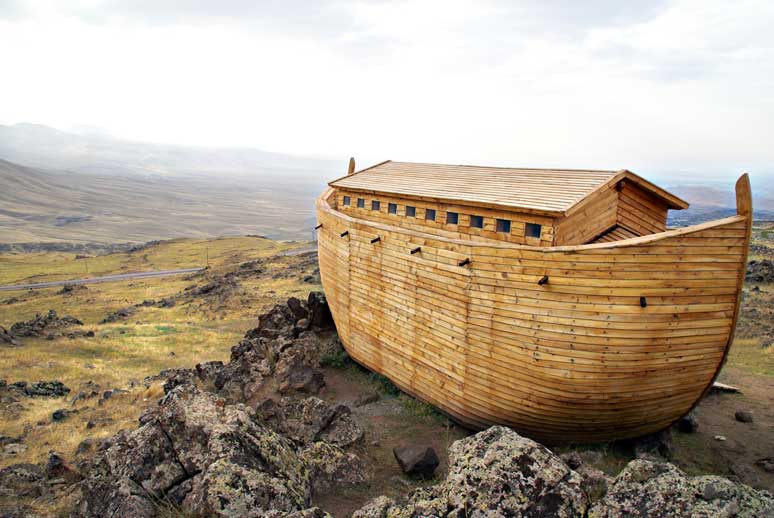When the brazen serpent was erected in the wilderness, to cure those who must otherwise have died, the benefit was not restrained to those who had been bitten by the fiery serpent but once or a few times. The worst case amongst the people was relieved as soon and as certainly as the very slightest. The remedy was universally proposed to every person. The application was easy; it was only, look and live. But if a man had spent all his time in measuring or counting his wounds, instead of looking to the ordinance of God, he might have died, though the means of life were within his view.
The sense of the evil of sin is given to quicken our application to Christ, and not to discourage our approach. The Scripture has concluded all under sin and as such we are all condemned already. But the Gospel proclaims a free pardon to every one who, with the eye of his mind, looks for life to him who hung upon the cross.
When we burden ourselves with our many sins, we are apt to overlook the very greatest of them—unbelief; for what can be a greater proof of stubbornness and pride than to dare to contradict the express Word of God, to say that He will not pardon, when he declares that He will; to persist in it that He will make differences when He has assured us that He will make none? We read that Noah being warned of God, prepared an ark. The Lord condescended to give very particular directions for building it. When it was finished and the deluge approaching, Noah entered, and the Lord himself shut him in.
Now, suppose it possible that history had terminated something in this way, “And it came to pass after these things, that the ark was dashed to pieces upon the mountains of Ararat, and Noah and his family all perished,” how would this event have astonished us? What! did the Lord appoint the ark, command Noah to go into it, and shut him carefully in, and Noah perished at last? Did not the Lord mean to save him? or did He not know how to save him? Our doubts and unbelief are founded upon a supposition no less absurd and impossible than that I have mentioned.
Did Jesus die for sinners? Did He say to my heart, at a time when I thought not of him, “ Seek ye my face, and live?” Did He incline and constrain my heart to answer, “Thy face, Lord, will I seek.” And will He, can He disappoint the desires which only He could raise? Did He open the door of his mercy and invite me to draw near, only to shut it against me when I came? Impossible. Neither you nor I, who are evil, could treat a beggar so. If we were not disposed to relieve him, we should not take pains to persuade him that we would. Yet this is the horrid charge which unbelief would fix upon the God of mercy and truth.
John Newton, Letters, (The Religious Tract Society, 1869), pgs 198–199 [Some paragraphing added]

